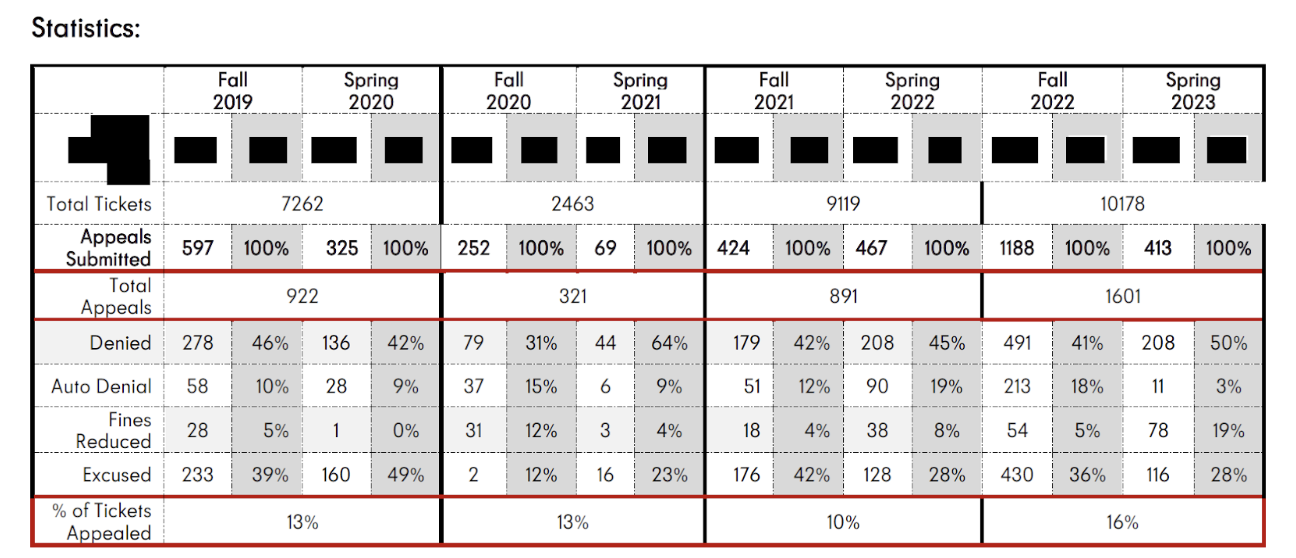Donovan Levine
Staff Writer
Books tend to reflect and illustrate the values of the times they were written in. There are several examples of this sort of trend, and “Dear Beautiful Woman” is another powerful illustration of a black woman speaking her own personal truth by literary means.
Released this past summer, former KU staff member and writer Erica Smith, wrote a socially engaging piece that satisfies the modern eye.
Capturing into words the essence of Smith’s book takes capturing the voices of black women in our post-modern society. It’s poetry signifies the dangers of self-doubt and fear of suburban criminal activities—domestic violence, rape and shootings. Each poem tells the tale of a nameless woman in some sort of broken relationship, praying for it to be mended, whether it be a relationship with another man, with God or with herself.
While reading, you catch glimpses of someone experiencing self-discovery and deep reflection. She writes, “It feels good that forever isn’t today. That I can still press the restart button. I can reclaim myself. Rebuild myself. And thank God for allowing me to wake up in the morning.” These are the valuable lines for ourselves that are not often said.
The imagery is also fairly astonishing, and the best reference for this is the poem “Daydreaming,” describing an African woman walking across the Nile, wishing she were an American, and likewise describing an American woman wishing she had the opportunity to walk across the Nile. No matter where we are or where we come from, we often forget to appreciate the opportunities we’re given.
Embedded in her poems stand alone a few of the hashtags from the summers prior to the book’s release regarding the civil disorder she writes about:#StephonClark, #PhilandoCastille, #AltonSterling.
To reiterate, Smith dedicated many of her poems to causes greater than herself, which is what makes this the socially engaging book that it is and a post-modern book that reflects how things are today. Sometimes the hashtags really are what we value, and sometimes this sort of literary usage gives meaning to those values.
Her poetry ends with a simple reminder, “Dear beautiful woman, do not ever leave again.





Leave a Reply